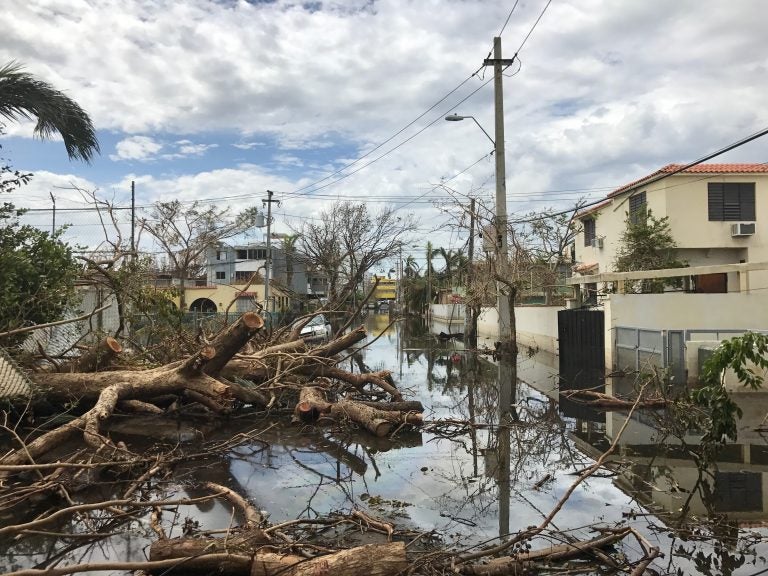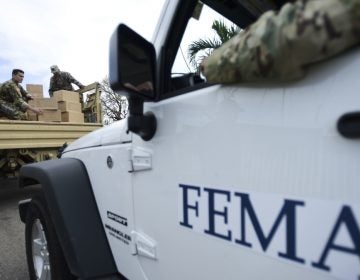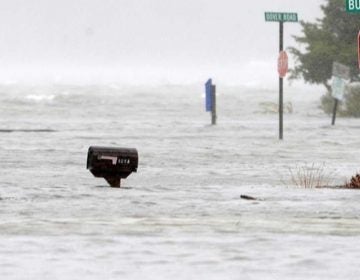Delaware deploys personnel to assist Puerto Rico
Three months after Hurricane Maria tore through Puerto Rico, destroying homes and leaving more than 3 million residents without power, Delaware is sending aid to the island.

San Juan, Puerto Rico in late Sept. 2017. (Justin Auciello)
Three months after Hurricane Maria tore through Puerto Rico, destroying homes and leaving more than 3 million residents without power, Delaware is sending aid to the island.
Three Delaware Emergency Management Agency staff members are assigned to Puerto Rico for two-and-a-half weeks. They will participate in day-to-day operations of the recovery efforts, as well as fiscal operations.
This is the first deployment from Delaware, but a few months ago the state sent a shipment of donated supplies to the island, which only has about 50 percent of power restored.
“They’ve got housing needs, a large portion of the country is still without electric, food supplies I’m sure is still in need,” said DEMA spokesman Gary Laing. “They’re really trying to get back on their feet. It’s going to take a number of months until they get back to a situation where people are housed and have electricity.”
The official death toll is more than 60—but other reports say the actual number could be more than 1,000.
The state responded to Puerto Rico’s request for personnel through the Emergency Management Assistance Compact—a formal agreement between U.S. states and territories that allows them to request and receive support. The state or territory offering aid is reimbursed by the requesting state or territory.
“It’s simply the right thing to do to help out in a situation where a tremendous amount of help is still needed in Puerto Rico,” Laing said.
“But the other part of it is that by working this disaster our people will come back and be better enabled to look at our plans and what we have in line to do should a disaster of any nature occur in Delaware and say, ‘This what was working there,’ and do some adaptation of it. By working in an actual incident, it’s quite different from doing an exercise. A lot of knowledge is gained and a lot of experience in dealing with a disaster is gained when you send people to an area like this.”
WHYY is your source for fact-based, in-depth journalism and information. As a nonprofit organization, we rely on financial support from readers like you. Please give today.






